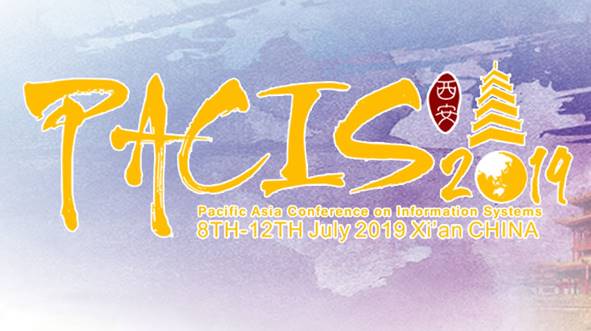PACIS 2019 Proceedings
THE ROLE OF SCRATCH VISUAL PROGRAMMING IN THE DEVELOPMENT OF COMPUTATIONAL THINKING OF NON-IS MAJORS
Abstract
The study explored the role of Scratch in developing the computational thinking (CT) abilities of Non-IS majors. Literature shows that abstraction, parallelism, logical thinking, data representation, flow control, pattern generalization and systematic processing of information produce computational thinking. Using a survey (n = 92) analyzed through PLS-SEM, the study explored and validated computational thinking definitions and constructs based on the other constructs. A final conceptual model shows the relationships between the constructs. The results of the survey indicated that Scratch played a significant role in abstraction for developing computational thinking. Further analysis concluded that Scratch also played a role in developing logical thinking by acting through abstraction and the other CT constructs. Nevertheless, these were not observed to influence computation thinking significantly. Further research is required to link logical thinking to computational thinking and to determine if flow control has a mediating or moderating impact on computational thinking.
Recommended Citation
Scullard, Slade; Tsibolane, Pitso; and Garbutt, Malcom, "THE ROLE OF SCRATCH VISUAL PROGRAMMING IN THE DEVELOPMENT OF COMPUTATIONAL THINKING OF NON-IS MAJORS" (2019). PACIS 2019 Proceedings. 79.
https://aisel.aisnet.org/pacis2019/79


